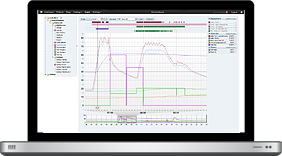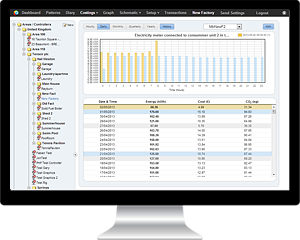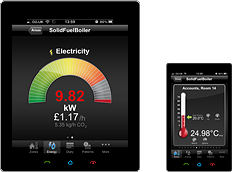Global carbon emissions from fossil fuels could fall by 2.5bn tonnes in 2020

Global carbon emissions generated by the fossil fuel industry could potentially fall by a record 2.5bn tonnes this year, a reduction of 5%, as the coronavirus pandemic has triggered the biggest drop in demand for fossil fuels on record, a recent news report has been able to suggest.
The restrictions on travel, work and industry due to the coronavirus is expected to cut billions of barrels of oil, trillions of cubic metres of gas and millions of tonnes of coal from the global energy system in 2020 alone, which would
The fossil fuel analysis undertaken by Rystad Energy, a Norwegian energy consultancy, found a sharp contraction in GDP and the abrupt halt of flights and driving could cause the world’s oil demand to fall by more than five times the drop in demand triggered by the global financial crisis in 2008.
The analysts estimate demand for crude will fall by an average of 11m barrels of oil a day this year, or 4bn barrels in total. This alone would cut 1.8bn tonnes of CO2 emissions, which would otherwise have contributed to the global climate crisis this year, according to Rystad.
The analysts also expected a slump in electricity use and heavy industry to drive demand for gas and coal down by about 2.3% each, erasing carbon emissions from each fossil fuel by 200mtonnes and 500m tonnes respectively.
Erik Holm Reiso, a senior partner at Rystad, said: “The coronavirus pandemic is an unprecedented event for energy markets, which will have a substantial impact on the world’s total carbon emissions.
“The last time demand for oil contracted, during the financial crisis in 2008 to 2009, demand fell by 1.3m barrels of oil a day. But Covid-19 could cause oil demand to fall by more than five times as much.”
HeatingSave – save energy and money with full monitoring options
Building Energy Management Systems are capable of delivering extensive monitoring and control options, compared to basic controls. They typically employ data from a variety of sources (boiler flow and return sensors, internal and external temperature sensors, occupancy sensors, humidity sensors, etc.), and enable the perfect optimization of a building’s boiler-based central heating system. They also fully support heat meters and use the data to run the heating system as economically as possible.
If you’d like to find out more about the savings enabled by the HeatingSave Building Energy Management System, just contact our dedicated product team, they’ll be more than happy to answer all of your questions and queries.






